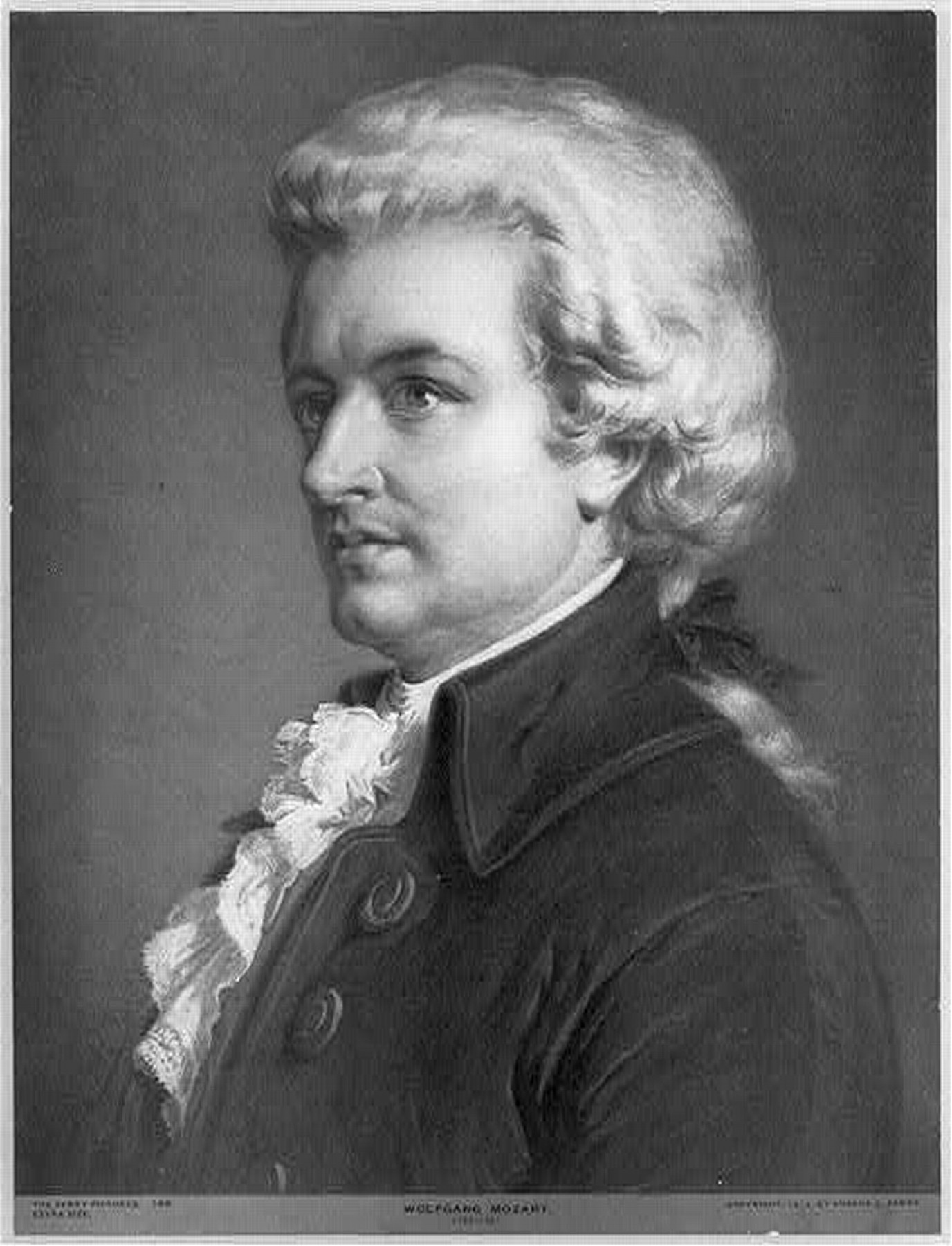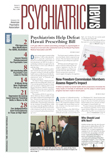Even though Freud was hardly a person to be intimidated by an intellectual challenge, he once said that psychoanalysis could do nothing toward elucidating the nature of artistic genius.
Nonetheless, a New York City psychiatrist who is also an award-winning concert pianist—Richard Kogan, M.D.—is going to give it a try at the forthcoming APA annual meeting in Toronto.
The focus of his presentation will be the Austrian classical music composer Wolfgang Amadeus Mozart.
“I think it will be fascinating to try to come to grips with where Mozart's genius came from,” Kogan commented in a recent interview.
First off, Kogan will be discussing why Mozart is generally considered the greatest of all the classical composers. “He composed flawlessly in every genre of music,” Kogan said. “But what really separated him from the other titans like Beethoven and Bach is simply the way he composed. For example, Beethoven would fill up waste-baskets with discarded rough drafts before he eventually produced his masterpieces. But Mozart was capable of working out entire, lengthy, complex pieces of music in his head, even while he was engaged in other activities—playing billiards, for example.”
What's more, Kogan added, “Mozart was clearly the greatest child prodigy in the history of classical music. By age 5, he was already composing miniature masterpieces. At the same age he took out a tiny violin without instruction and was able to sight-read music without any errors.”
Kogan will then explore the possibility, proposed by various psychiatrists, that Mozart's astounding musical creativity was shaped, at least to some degree, by mental illness. Kogan observed that there is often “a profound relationship between mental illness and creativity.” Nonetheless, he said, he is far from convinced that Mozart's creative genius was influenced by mental illness.
For instance, some psychiatrists think that Mozart may have had Tourette's syndrome because he often used obscenities. Yet, as, Kogan pointed out, there is “scant evidence that Mozart had the involuntary muscular movements that are a necessary part of a Tourette's diagnosis.”
Other psychiatrists have proposed that Mozart had Asperger's syndrome because he was poor at understanding people. Yet, Kogan countered, “In his operas, Mozart was able to etch characters in musical terms better than anybody who ever lived.”
And still other psychiatrists posit that Mozart must have had bipolar disorder because he was able to compose three fabulous symphonies within one month. Kogan also takes umbrage with this position: “Mozart composed over 600 compositions throughout his lifetime. Thus, if he had bipolar disorder, he must have been in a manic phase that lasted 30 years—from age 5 until the time he died, at age 35.”
In contrast, Kogan is convinced that some of Mozart's life experiences powerfully influenced his musical creativity.
For example, “There is a showdown in the opera `Don Giovanni' between Don Giovanni and the father of one of the women whom Giovanni seduced,” Kogan said. “I think the music was inspired by Mozart's struggles with his own rigid, authoritarian, and overly controlling father. I am going to play a piano transcription of `Don Giovanni' at the APA annual meeting to demonstrate that.”
Also, “Mozart took a trip to Paris when he was 22 years old,” Kogan pointed out. “His mother accompanied him, but became sick and died while there. He wrote a sonata within a week of his mother's death. I am going to play that sonata at the APA annual meeting. I think there are some connections between it and the nature of what he wrote.”
Also during his annual meeting presentation, Kogan said, he will attempt to answer a baffling question—how could Mozart have been so profoundly depressed toward the end of his life, yet still write the opera “The Magic Flute,” which is “so gloriously uplifting”?
All in all, Kogan believes, his presentation about Mozart will be not only pleasurable for classical music lovers, but also strikingly relevant to psychiatrists' work. “In psychotherapy,” he said, “we try to help patients—even though they are not geniuses like Mozart—to reach their potential. And it is really an inspirational story to try to piece together what Mozart was able to achieve. He went through struggles that are very similar to those our patients go through—to establish individuality, to achieve autonomy while maintaining relationships with members of one's family.”
Kogan's APA annual meeting presentation, “Mozart at 250: The Mind and Music of a Genius,” will be held on Monday, May 22, from noon to 2 p.m. in Room 715 A/B in the Toronto Convention Centre, South.▪

